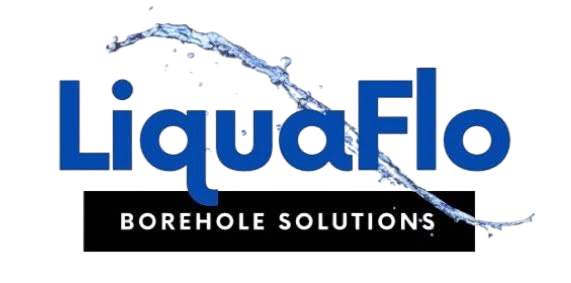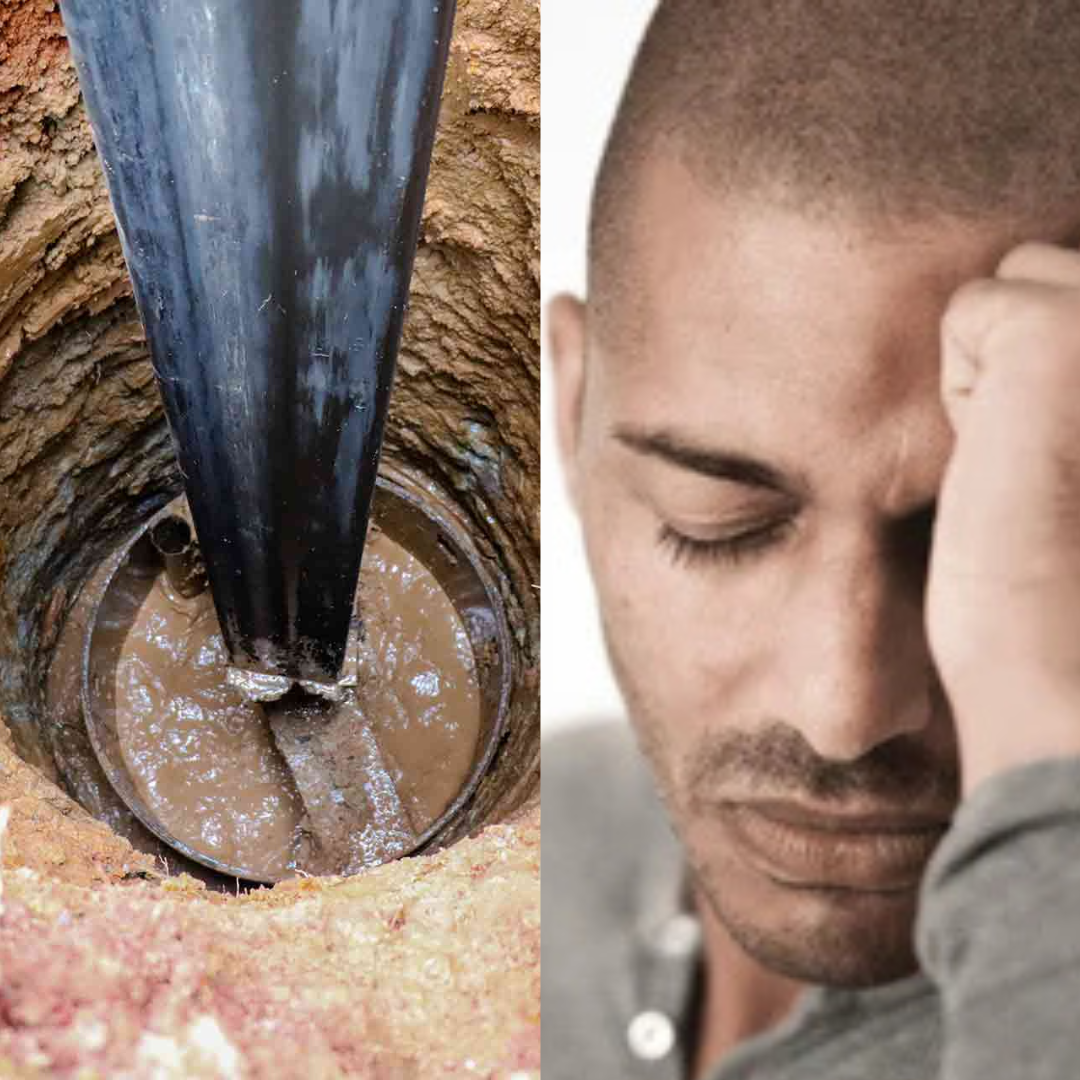Borehole water can be a game-changer for homes, businesses, and farms looking to break free from rising municipal water costs. But let’s get real for a second—borehole water isn’t always 100% safe straight from the ground. Just because it comes from a natural underground source doesn’t mean it’s automatically clean or ready to drink.
At LiquaFlo Borehole Solutions, we believe in giving you the full picture—no sugarcoating. In this post, we’ll unpack the common problems that come with using borehole water and show you exactly how we help clients solve them with our expert purification and filtration systems.
The Real Disadvantages of Borehole Water

1. It’s Not Always Safe to Drink
One of the biggest misconceptions is that groundwater is naturally clean. But the truth is, borehole water can carry harmful contaminants such as:
- Bacteria like E. coli and Salmonella
- Viruses
- Heavy metals such as lead or arsenic
- Nitrates and pesticides from nearby agricultural activity
These contaminants can cause serious health risks if consumed untreated—especially for kids, the elderly, or anyone with a compromised immune system.
2. Mineral Overload
Borehole water often has high mineral content—commonly called “hard water.” While this isn’t dangerous, it can be a nuisance:
- Leaves limescale on taps, kettles, and pipes
- Reduces the lifespan of appliances
- Interferes with soap and detergent performance

3. Unpleasant Taste, Odour or Colour
Have you ever poured a glass of borehole water and noticed a strange smell, taste, or brown tint? That’s usually caused by:
- Iron or manganese in the water
- Decaying organic matter
- Sulphur-reducing bacteria
Not exactly appetising, right?
4. Seasonal Variability
Borehole yield and quality can change with the seasons. Heavy rain can wash pollutants into the groundwater, while drought can lower water levels, increasing concentrations of certain minerals or contaminants.
The Good News? Every Problem Has a Solution

At LiquaFlo Borehole Solutions, we don’t just drill and disappear. We provide tailor-made purification and filtration systems that ensure your water is safe, clean, and pleasant to use.
Here’s how we fix the most common problems:
- Biological Contaminants: We install multi-stage purification systems that include UV sterilizers and filters to kill bacteria and viruses effectively.
- Heavy Metals & Nitrates: Our reverse osmosis systems and custom filters remove harmful metals and chemicals from the water.
- Hard Water: We fit water softeners to reduce calcium and magnesium content—protecting your plumbing and appliances.
- Unpleasant Taste or Odour: Our carbon filtration systems handle those pesky smells and discoloration for fresher-tasting water.
Each system is designed around your specific water test results—so you get exactly what you need, nothing less.
How to Know If Your Borehole Water Needs Filtration

If you’re already using borehole water, it’s worth asking:
- Does the water have a strange smell or taste?
- Are your taps or kettle building up with scale?
- Has anyone in the household experienced unexpected stomach bugs?
If you’ve answered yes to any of these, it's time to test your water and talk to us about the right solution.
Why Work with LiquaFlo?
Based in Southern Johannesburg, LiquaFlo has years of experience in complete borehole solutions—from pump installations to water testing, purification systems, and regular maintenance.
We only use SABS-approved products, and our work is backed by manufacturer warranties. Whether you're in a small household, a busy commercial facility, or an agricultural environment, we’ll help you build a water system that keeps you safe and off the grid.
Final Thoughts
Borehole water is a brilliant way to take control of your water supply—but it's not without its challenges. The good news? Every issue can be solved with the right filtration and purification setup.
Let us help you turn your borehole into a clean, safe, and sustainable water source for years to come.



